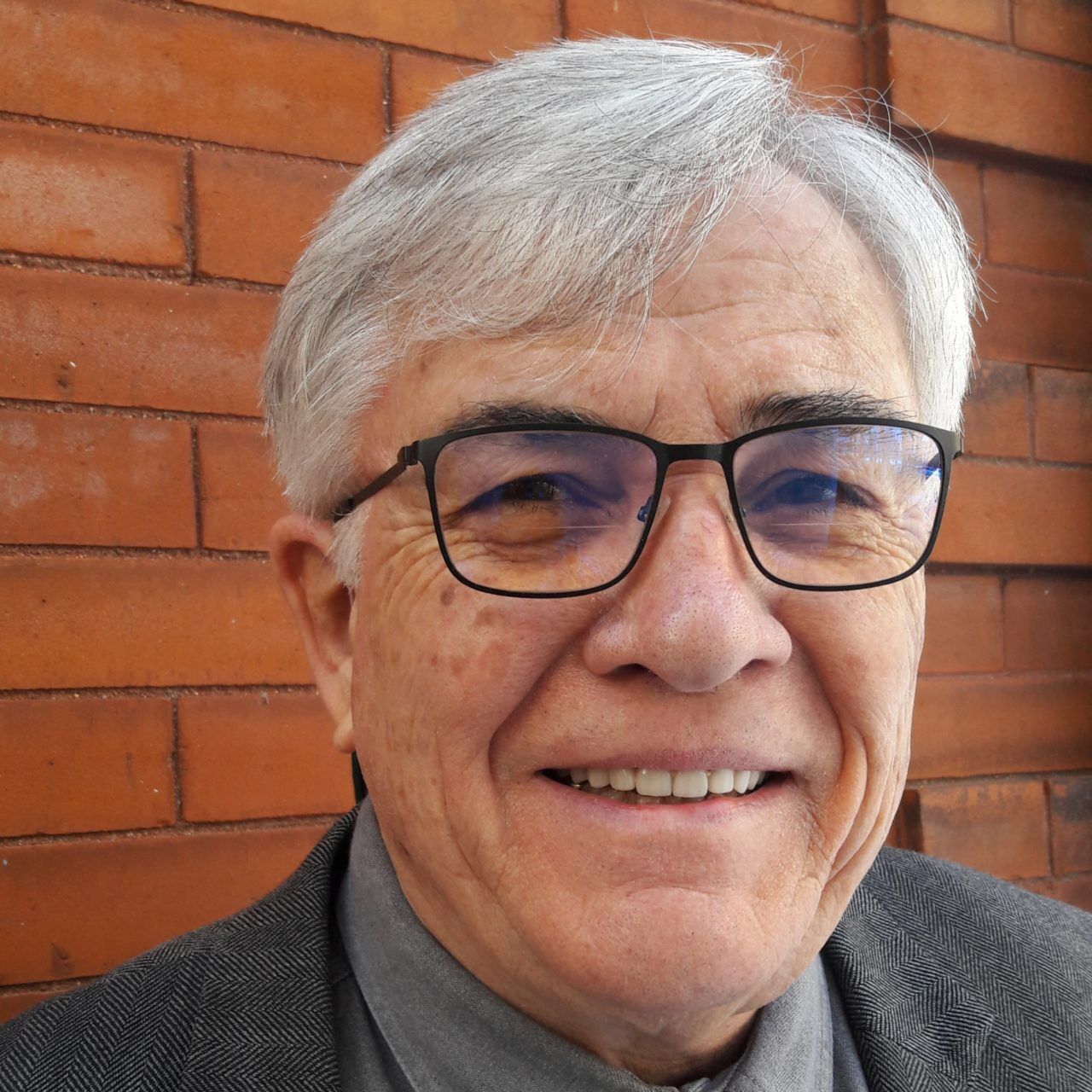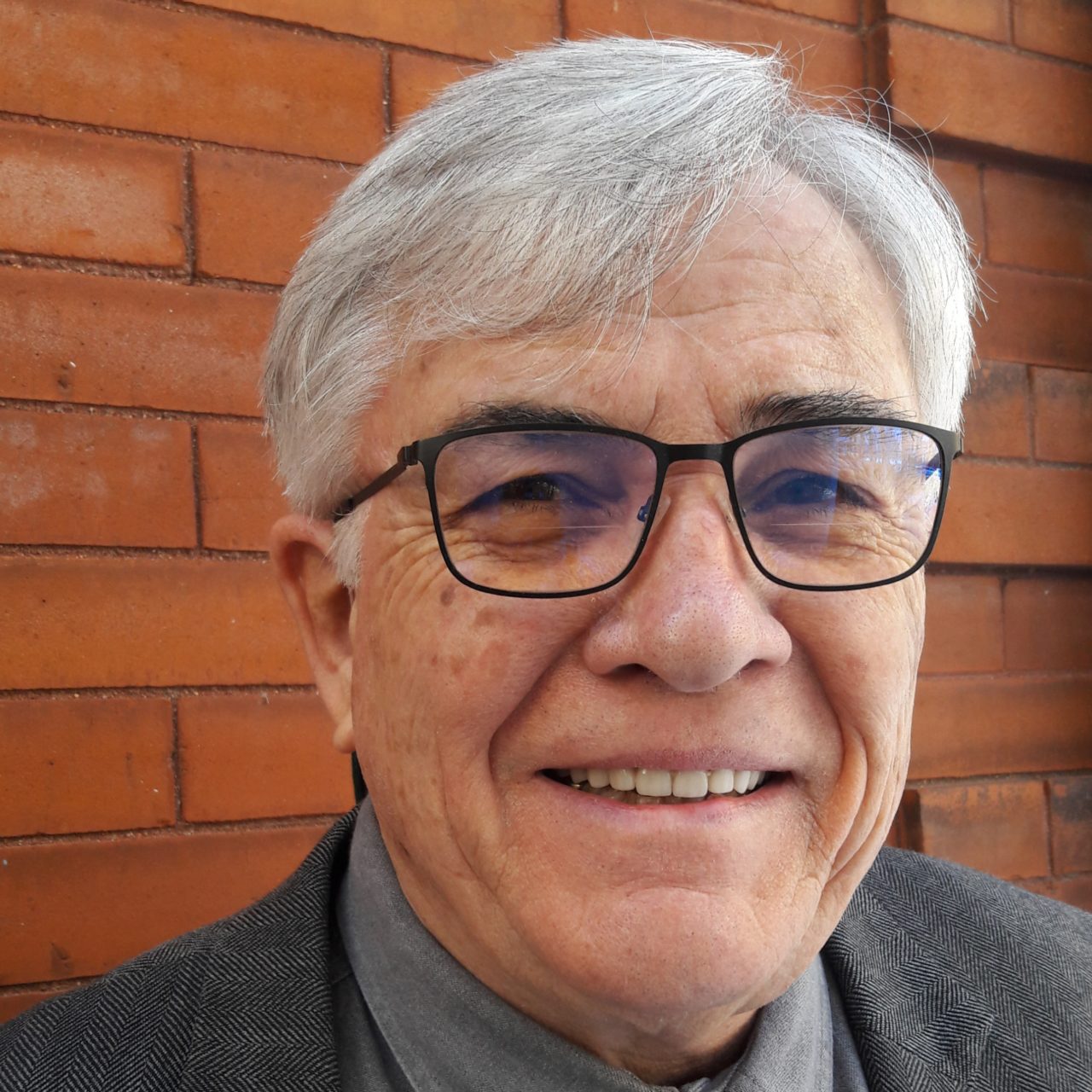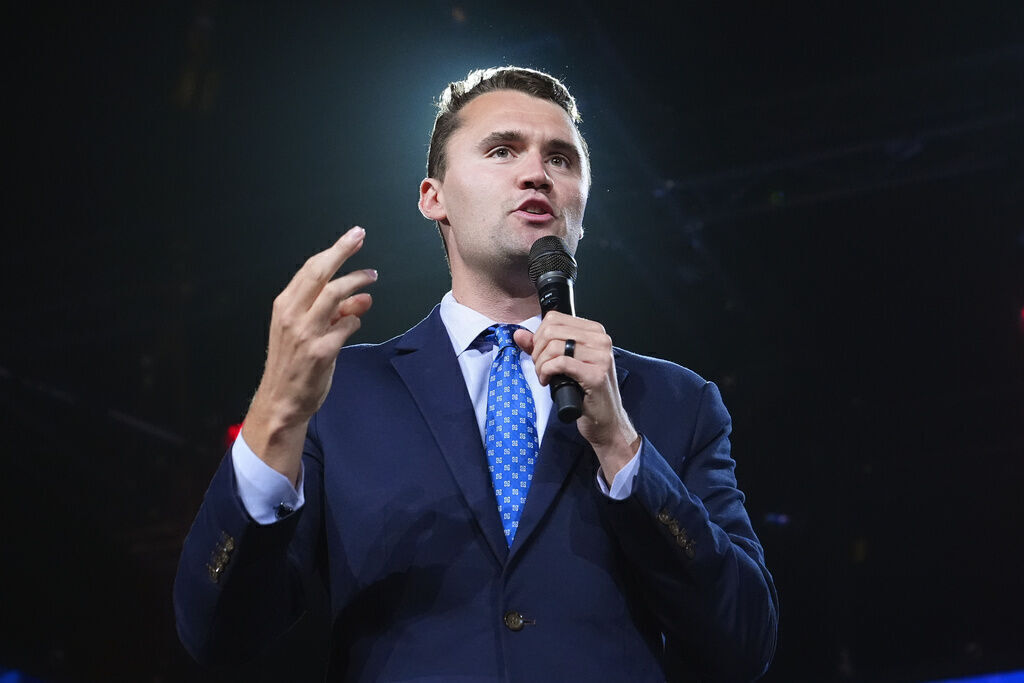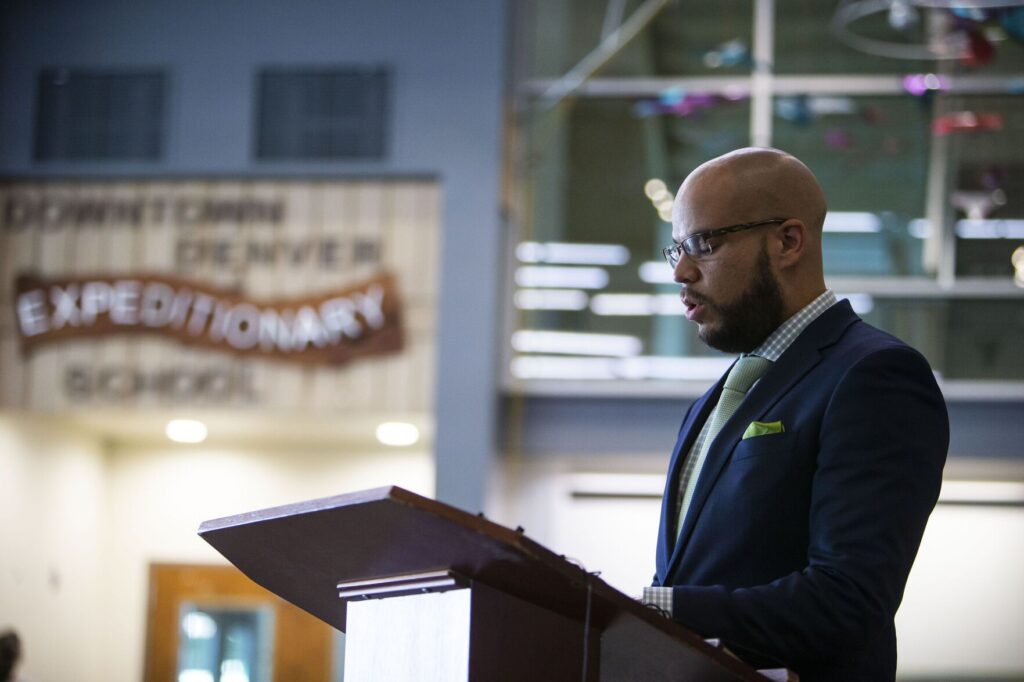How will Biden lead between now and 2024? | HUDSON


For half a century Joe Biden has been the “Where’s Waldo?” of American politics. Look closely enough and you can usually discern his fingerprints on major legislative initiatives across recent decades – from the “Violence against Women Act” to the 1990s ban on automatic weapons. Yet his political journey has not been without its periodic calamaties. A long-serving member of both the Senate Judiciary and Foreign Relations committees, he has chaired each while Democrats served in the majority.
Biden first came to national attention when he decided to pursue the presidential nomination in 1988. That campaign floundered when he was found to have plagiarized remarks previously delivered by the British Labor Party leader, Neil Kinnock. As Richard Ben Cramer notes in his classic political narrative, “What It Takes,” which examined each of the 1988 candidates, it is unlikely Biden consciously purloined Kinnock’s words. A campaign staffer apparently scooped them up and pasted them in a proposed draft without attribution. In a pre-Google world, the chances of being caught surely seemed vanishingly small. Since then, it’s been suggested Kinnock recycled several of the phrases in his original remarks.
Most Colorado political aficionados who read Cramer’s tome are focused on Gary Hart’s ignominious “crash-and-burn” following publication of Donna Rice’s photos taken aboard an impossibly named yacht, The Monkey Business. One captured her sitting on Hart’s lap, which put the lie to his assertion he didn’t know “that woman.” Twenty years later Matt Taibbi theorized in his analysis of Hart’s campaign, “All the Truth is Out,” that press regrets about the frenzy of its coverage may have eased the path for Bill Clinton’s similar travails in 1992.
Plagiarism charges also tanked the gubernatorial campaign of Republican Congressman Scott McInnis in his 2010 race against Denver Mayor John Hickenlooper. ThoughMcInnis’ attempt to toss his 80-year-old ghost writer under the bus became a blunder that cost him his party’s nomination, there was also an odor of influence peddling linked to the six-figure fee paid for his “white paper” discussing Colorado’s water disputes. Nonetheless, in what proved a red wave election year, Scott likely would have defeated Hick – thereby strangling the Mayor’s political career in the cradle. Political success or failure often turns on such twists of fate.
Returning to Biden’s tale, he chaired Senate Judiciary hearings for the Supreme Court nominees Robert Bork and Clarence Thomas. The bruising rejection of Bork’s candidacy left the Senator cautious when considering Thomas, an African-American, in 1991. It’s generally believed his brutal handling of Anita Hill’s testimony recounting sexual harassment by then Appeals Court Judge Thomas was prejudicial in the extreme. Certainly, Hill has never forgiven Biden for his actions. The entire nation was riveted by her testimony and today, a quarter century later, subsequent to the “Me Too” movement, observers suspect she should have been believed.
Despite these fumbles, Biden has always been well liked by his colleagues on both sides of the aisle. The tragic deaths of his wife and daughter in an auto accident which badly injured both his sons before he was sworn into office always lingers in the mind of his colleagues. Once he decided to run again for president in 2008, his campaign met with little more success than it had in 1988. Up against an odds-on favorite in Hillary Clinton, and the once-in-a-generation political talent of Barack Obama, his candidacy was swiftly swept aside. It was not surprising, however, why Obama selected Biden as his vice president. A relative newcomer in Washington, the youthful senator from Illinois had experienced four years of the near universal respect and affection Biden earned. The president needed a Capitol Hill navigator in the White House.
It didn’t hurt that the vice president was also recognized as a tribune for blue collar, union workers. Biden proved both loyal and discreet in his assigned role as advisor and lieutenant. Yet eight years later, Obama asked Biden to step aside in favor of Clinton’s continuing pursuit of the presidency. Beau Biden, then Delaware’s Attorney General, was hounding his father to enter the race anyway. Today, it’s fair to wonder whether Biden might have spared us four years of unrelenting turmoil by running.
Come 2020, the former vice president suddenly was seen as the premiere, indisputable adult in the Democratic Party’s presidential nominating campaign, albeit Bernie Sanders commanded a cadre of devout believers in his progressive agenda. It had been Joe Biden who insisted on welcoming Sanders to caucus with Democrats as an independent after he moved from the House to the Senate. Surprisingly, Biden has embraced most of Bernie’s agenda. I suspect Biden will only run in 2024 if he appears the only rival capable of defeating Donald Trump. His gaffe prone syntax has failed to tarnish Biden’s historic role as an election victor in 2020 and 2022.
Miller Hudson is a public affairs consultant and a former Colorado legislator.













